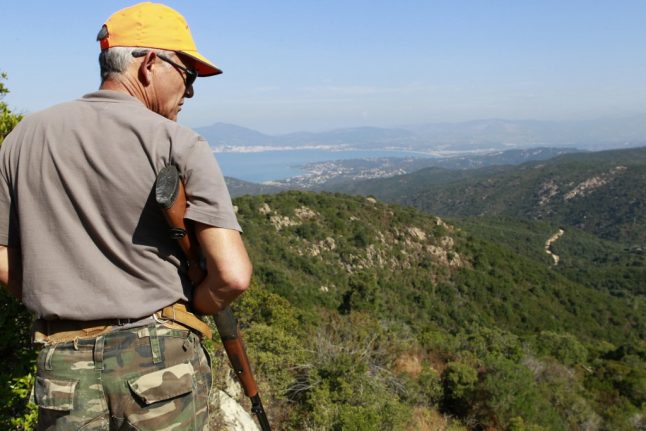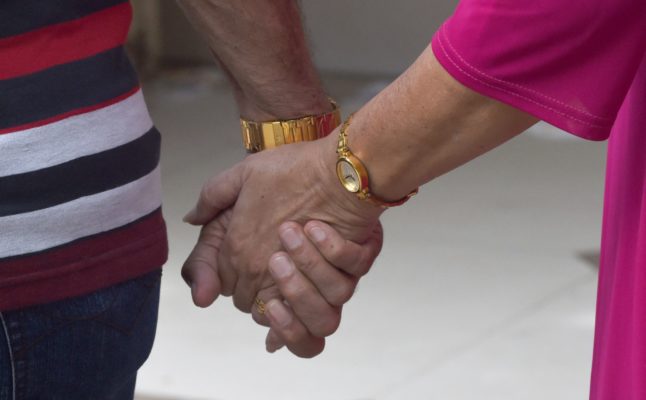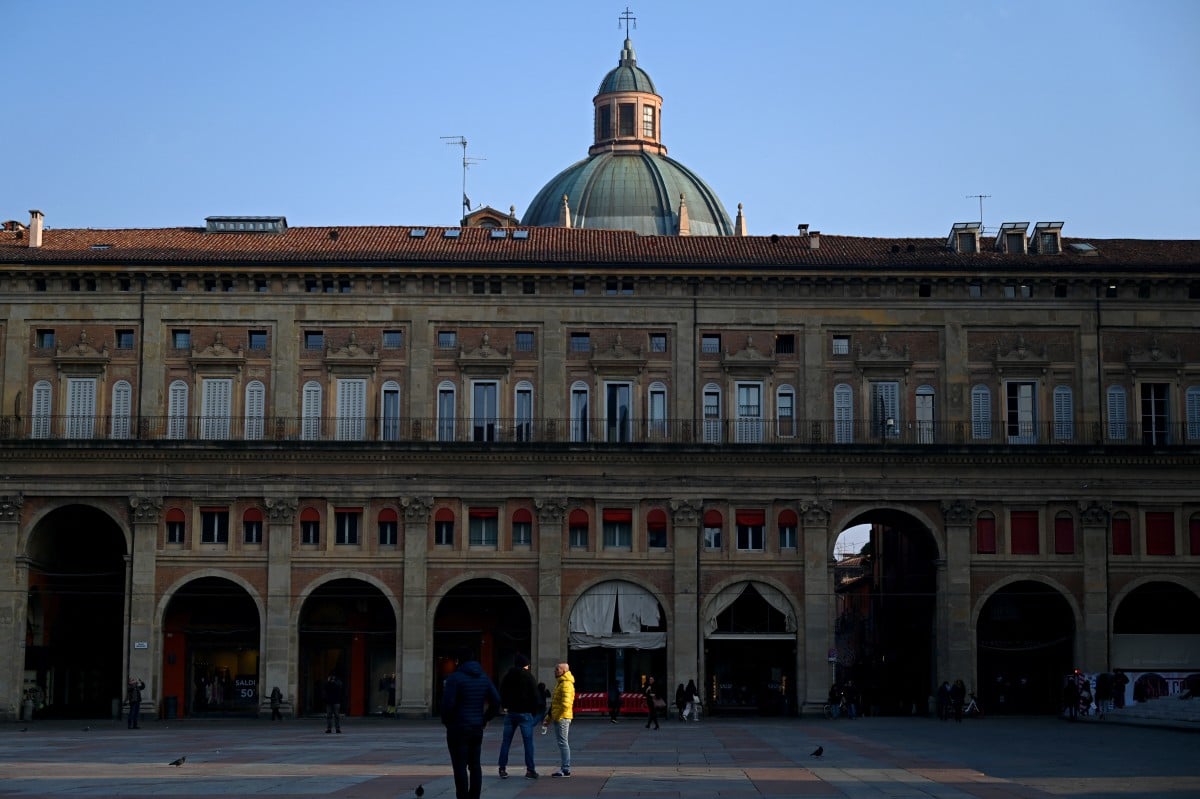Walking down the quiet country lane outside my in-laws farmhouse in Puglia on a sunny afternoon, surrounded by ancient olive groves and – I thought – empty farmland, the peace was suddenly shattered by an ear-splitting crack, then several more, getting closer and closer.
Convinced I was under attack or had accidentally wandered into the midst of a local mafia turf war, I threw myself down next to one of the low drystone walls – much to my Italian husband’s bemusement.
He calmly informed me that it was “just the neighbours shooting birds”, which apparently “everyone does” at this time of year and I “don’t need to worry about it”.
He might not have been worried about it, but coming from a city in the UK I’d never heard a gunshot in real life before (and, if I had, it definitely would have been something to worry about).
Obviously I’m aware that people hunt in the countryside, but I’d never imagined that they did it in inhabited areas and at such close proximity to homes.
And, when you consider how many people are reported killed and injured annually in Italy by gunshots during hunting season every year, I don’t think it’s unreasonable to be wary.
Italy’s official hunting season is five months long, beginning in September. The hunting season, and the possession and use of hunting rifles, is officially limited – but that doesn’t mean everyone follows the rules, or that things don’t go wrong.
READ ALSO: What you need to know about gun laws and ownership in Italy
As this season comes to an end, 24 people have been killed and 58 injured in hunting accidents according to the latest figures released in mid-January by the Italian Association for Victims of Hunting (L’Associazione vittime della caccia).
At the beginning of the current hunting season, in September 2019, a man in Puglia shot dead his father during a hunting expedition gone wrong, after mistaking him for a wild boar.
In 2018, Italy’s then environment minister called for a nationwide ban on hunting following the fatal shooting of an 18-year-old, after he too was mistaken for a boar.
As well as the danger to human life, the WWF pointed out that illegal poaching, which is rife across Italy, puts many endangered species at risk.
The WWF said this month that many rare and protected species are shot and killed, including many species of birds, against Italian, EU, and international law.
Italy’s hunting season is officially over at the end of January in most regions, with a few extending it until February 10th.
READ ALSO: How safe is living in the Italian countryside?
But it may not be completely safe to go back into the forests and fields just yet, as the WWF said that, while licensed hunting is officially limited, poaching probably continues due to a “serious lack of monitoring” in many parts of the country.
I have a feeling one of those areas might just be our part of rural Puglia.
I later found out that yes, our neighbours were shooting birds, and on their own land. But it backs right onto ours, they were just a few metres away from where we were standing, and they hadn’t seen us.
As for whether or not they had a valid licence, that wasn’t something I was going to ask a stranger carrying a loaded gun. But, knowing how things tend to work in this rural part of southern Italy, I could take a good guess at the answer.
Either way, I’ve learned my lesson, and I won’t be wandering around any more Italian country lanes – or even on our own land – during hunting season in future.




 Please whitelist us to continue reading.
Please whitelist us to continue reading.
I hate it. While I respect that I’ve moved to a rural community with long-standing traditions, it distresses pets, makes one wary of stepping outside and, at least here in Liguria, seems to last a long time (Oct-Jan).
They’re allocated 5 from 7 days a week, with 2 given over to groups hunting boar.
Saying that, I can usually gauge from the proximity of gunshots whether it’s safe to step out with the dog (both in hi-viz), and I’ve yet to encounter any issues with the hunters themselves.